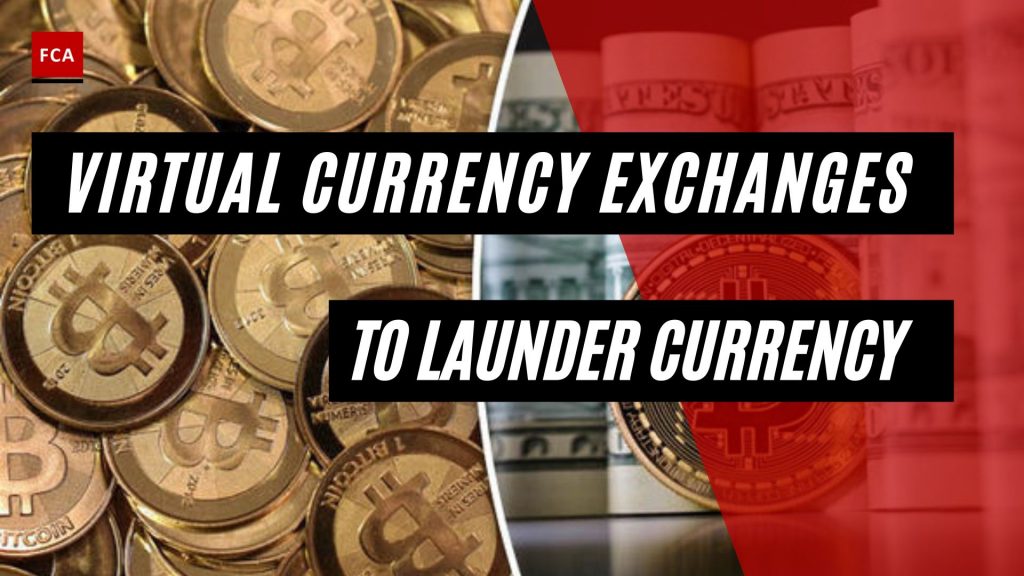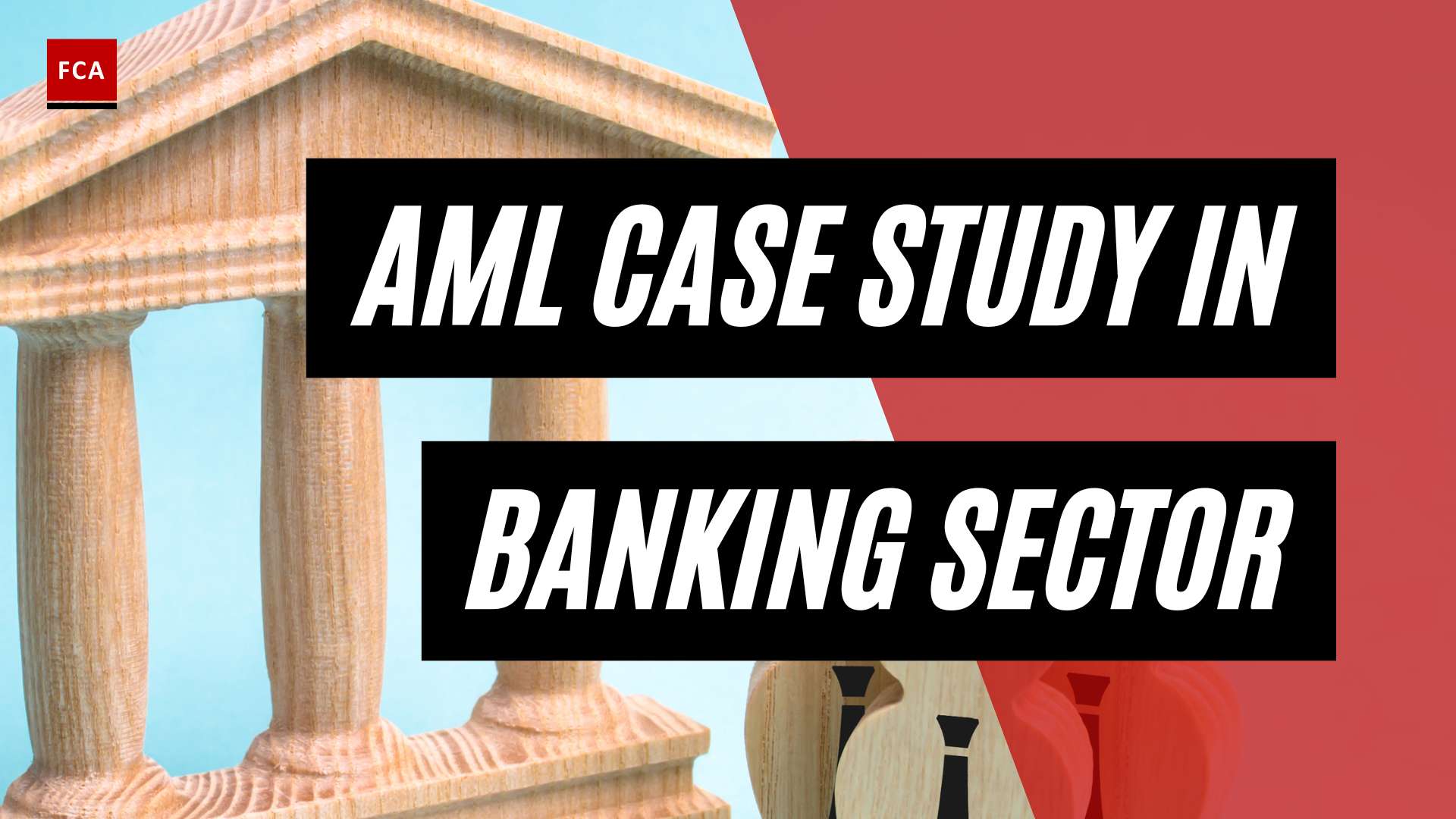Virtual currency exchanges to launder currency. Criminals utilize virtual cryptocurrency exchanges for illicit purposes, especially money laundering. Essentially, criminals repeatedly exchange one type of cryptocurrency for another, which can slowly clean the cryptocurrencies. Then, the criminals can eventually withdraw to an external wallet.

Virtual Currency Exchanges To Launder Currency
Numerous cryptocurrency exchanges are regulated, comply with applicable laws and regulations, and cooperate with law enforcement authorities. The majority of them also require customer identification and conduct of customer due diligence. However, a few cryptocurrency exchanges still aligned their services with the needs of criminal clients by enabling purchasing and selling of virtual currencies without requiring a proper form of identification or verifying the provided identities.
Criminals can certainly use legitimate exchanges and apply various techniques to circumvent verification processes and take advantage of the payment methods offered by exchanges. Fake identity documents are available online and via Darknet markets enabling criminals to stay anonymous. Some exchanges have upgraded their customer due diligence requirements and are now putting in Skype verification calls or requiring customers to produce self-generated images holding their I.D. and papers with random text written on them. However, criminals have already found new ways to bypass the current verification processes.
Virtual currencies exchanges offer different payment methods to buy or sell virtual currencies, predominately bank transfers and credit or debit card payments. Some also offer the use of Money Service Businesses such as Western Union and MoneyGram, PayPal, bank cheques, and even cash, including cash deposits and cash in the mail. Money laundering vulnerabilities associated with the use of cash are commonly known. Criminals widely recommend using cash in online forums as a simple means of avoiding tracking or detection. Money launderers can engage in crypto-to-cash transactions either with their associates or with third parties they encounter.
Another simple way to stay anonymous is using prepaid credit and debit cards which can be bought in supermarkets, stores, or online. There are exchanges where customers can instantly buy cryptocurrencies with prepaid credit and debit cards without the need to supply any proper form of identification.
Another avenue through which criminals can undertake Bitcoin money laundering is unregulated cryptocurrency exchanges. Exchanges that are not compliant with AML practices and fail to perform strict and thorough identity checks allow for cryptocurrencies to be traded over and over again across various markets, deposited onto unregulated exchanges, and traded for different altcoins.
The repeated exchanges of one type of cryptocurrency for another can slowly clean the funds, which criminals can eventually withdraw to an external wallet.
Following an investigation led by U.S. authorities, a Russian national operating one of the largest virtual currency exchanges in the world was arrested in Greece in July 2017. This exchange was, by all means, an exchange for cybercriminals worldwide and one of the principal entities used to launder and liquidate criminal proceeds from digital currencies to fiat currencies, including U.S. dollars, Euros, and Rubles. This exchange lacked basic anti-money laundering controls and policies, such as Know-Your-Customer, and was therefore very attractive to those who desired to conceal criminal proceeds. The exchange facilitated serious crimes, including computer hacking, ransomware, fraud, identity theft, tax refund fraud schemes, public corruption, and drug trafficking.

Here is how it worked: A customer created an account by accessing the respective website to use the exchange. Unlike most virtual currency exchanges, this particular exchange’s business model obscured and anonymized transactions and sources of funds. The exchange allowed opening accounts anonymously as they did not require providing basic identity information, but only a username, password, and an email address.
But there is more. The users of the exchange could not fund an account by directly transferring money from their bank accounts to the exchange’s bank account. Instead, they had to wire funds to bank accounts of one of the exchange’s shells or affiliate entities. It was also possible to send or receive fiat and virtual currencies from other users, but users could not withdraw funds from their accounts directly. Instead, they were required to make deposits or withdrawals through third-party exchanges, thus enabling the exchange of questions to avoid collecting any information about its users through banking transactions or other activity that would leave a financial paper trail.
According to the authorities, users even openly and explicitly discussed criminal activity on the exchanges user chat. The exchange’s customer service representatives offered advice on processing and accessing money obtained from illegal drug sales on darknet markets like Silk Road, Hansa Market, and AlphaBay.
Finally, it is also essential to remember that virtual currency exchanges serve the purpose of converting virtual into fiat currency and vice versa. In addition, they can be used for converting a virtual currency into another, including the more recent and with enhanced anonymity virtual currencies.
New cryptocurrencies such as Monero, Zcash, Dash, or Pivx allow anonymous transactions. Especially Monero and Zcash provide private transactions keeping amounts, balances, and source and destination addresses anonymous and thus making it hardly possible to trace back transactions or identify their real owner. Others such as Dash and Pivx mix transactions involving multiple sources into a single transaction.
Final Thoughts
Cryptocurrencies can help fraudsters conceal the source of criminal proceeds and are quickly becoming the preferred currency of cybercriminals, from purchasing illicit goods with Bitcoin as a payment method to ransomware attacks that demand Bitcoin payments. This trend is becoming more prevalent because cryptocurrency provides a combination of anonymity, ease of use, and the ability to circumvent international borders and regulations, allowing ill-gotten gains to be laundered.








